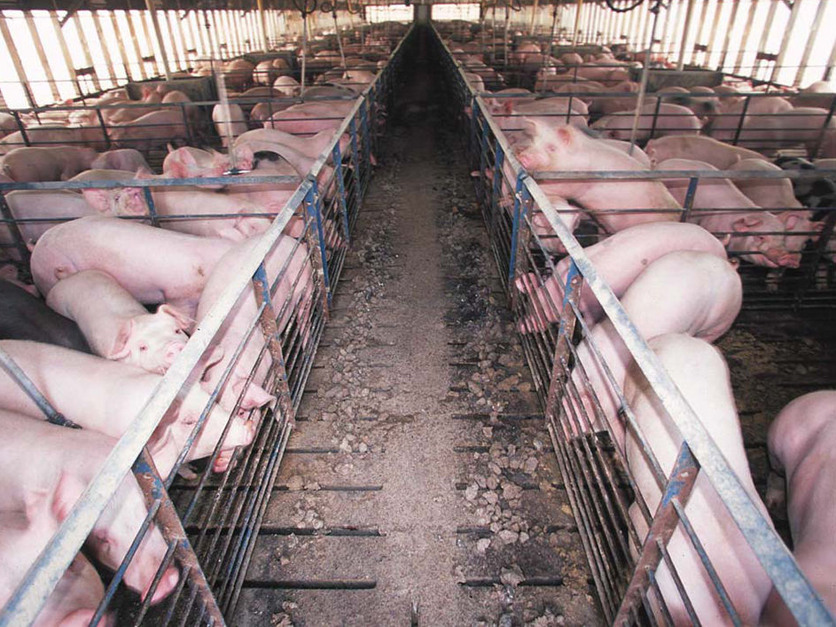The UN Food and Agriculture Organization’s index of global food commodity prices rose for the first time in a year last month, led by increases in the cost of sugar and meat.
Prices for grains, dairy products and vegetable oil continue to decline in April. Although the FAO Food Price Index rose 0.8 points to 127.2 points from March, that is still 19.7% below its level a year ago in the wake of the Russian invasion of Ukraine. The index is averaging 128.4 so far this year, compared to 143.7 in 2022.
FAO’s meat price index rose 1.3% in April, driven in part by tight pork supplies and increased demand for the product in Asia. Beef prices also climbed as cattle supplies shrink in the United States, and poultry prices rebounded following nine months of decline, FAO said.
Sugar prices jumped 17.6% due to “heightened concerns over tighter global availabilities in the 2022/23 season after further downward revisions to the production forecasts for India and China, along with lower-than-earlier-expected outputs in Thailand and the European Union,” FAO said.
FAO’s index of cereal grains fell 1.7% in April, led by a 3.2% decline in the price of corn on strong harvest prospects in South America. Wheat prices fell 2.3%, driven by bigger supplies in Russia and Australia. The European Union’s move to allow Ukrainian grain to transit through neighboring EU countries that had imposed their own import restrictions also helped to hold down prices, FAO said.
Don’t miss a beat! It’s easy to sign up for a FREE month of Agri-Pulse news! For the latest on what’s happening in Washington, D.C. and around the country in agriculture, just click here.
Rice was the one exception to the April declines among grains. Rice prices rose due to strong demand in Asia, FAO said.
“It is important that we continue to track very closely the evolution of prices and the reasons for increases in prices. As economies recover from significant slowdowns, demand will increase, exerting upward pressure on food prices,” said FAO Chief Economist Maximo Torero. “At the same time, the increase in rice prices is extremely worrisome and it is essential that the Black Sea initiative is renewed to avoid any other spikes in wheat and maize,” he added.
Vegetable oil prices were down 1.3% in April, the fifth consecutive month of declines, due in part to prospects for a potentially record soybean crop in Brazil.


